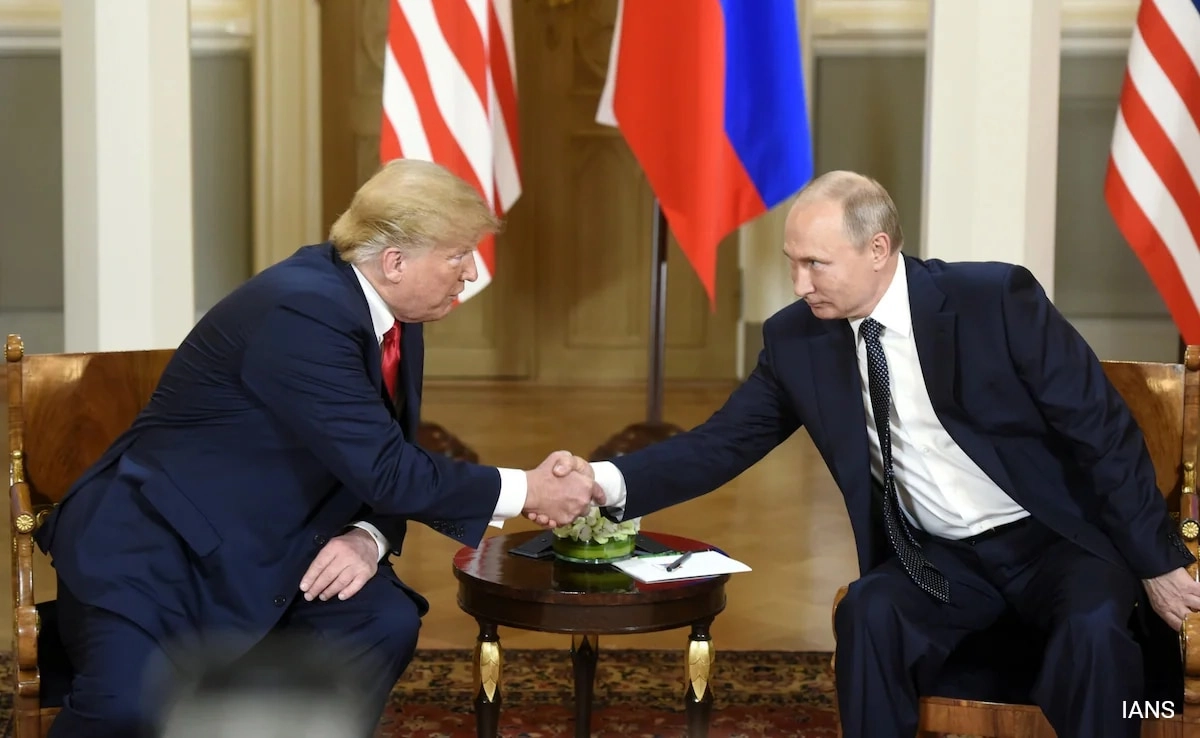Eminem, the renowned rapper and music icon, has taken legal action against Meta, the parent company of Facebook and Instagram, filing a lawsuit that amounts to approximately Rs 900 crore. The lawsuit stems from allegations of copyright infringement, as Eminem claims that his music has been used without permission on various platforms owned by Meta. This legal battle highlights the ongoing struggles artists face in protecting their intellectual property rights in the digital age, where content is easily shared and distributed across multiple platforms.
In the lawsuit, Eminem asserts that Meta has allowed users to upload and share videos featuring his songs without obtaining the necessary licenses or permissions, thereby violating his copyright. Such unauthorized use not only undermines the artist’s control over his work but also potentially deprives him of significant revenue that would normally be generated from legitimate licenses and sales. Eminem’s legal team is determined to hold Meta accountable for what they view as a blatant disregard for copyright laws, emphasizing the need for stricter regulations and enforcement to protect artists in an increasingly digital world.
This case is particularly significant as it underscores the broader issue of copyright infringement in the music industry, especially concerning social media platforms. Many artists have voiced concerns about how their work is utilized online, often leading to financial losses and diminished recognition. Eminem’s lawsuit could serve as a precedent, potentially influencing how social media companies handle copyrighted material in the future. The outcome of this case may not only impact Eminem’s career but could also resonate across the music industry, prompting other artists to take a stand against copyright violations.
As the lawsuit unfolds, it will be crucial to observe how Meta responds to these allegations and what measures they may take to mitigate similar issues in the future. The case could bring forth important discussions about the responsibilities of tech companies in managing and respecting artists’ rights. Ultimately, this legal confrontation may serve as a catalyst for change, pushing for more comprehensive frameworks that ensure artists receive fair compensation and recognition for their creative works in the ever-evolving landscape of digital media.




